September in DC is the real new year. The heat hasn’t broken, but the air feels heavier. Congress regroups, summer travelers return to the city and the Hill drones descend on the cafés in their blazers and button-ups, sweating through 80-degree weather. A distinct tension hangs in the air, a carryover from late summer.
Donald Trump’s declaration of a crime emergency last month transferred control of the local police to federal authorities, and now, as I make my way down 14th Street, I regularly shoulder past protesters and pass clusters of National Guard soldiers milling beside the wine bars and coffee shops where my friends and I still meet. Couples walk past without breaking stride, avoiding eye contact. I, too, avert my gaze. I feel part protected, part watched and more than a little wary. It is a surreal juxtaposition. I tell a friend it reminds me of northern Mexico at the height of the cartel wars. The soldiers are meant to prevent violence, but their very presence signals that violence is the rule of the city, not the exception. Maybe that’s more honest. Even if crime rates are down, violence is salient. As I write, there have been three shootings in the past week.
This is Washington’s particular joke: violence is never just local, it is staged for the national audience
In early August I attend a party where I don’t know anyone on the list. Young men in dark suits talk among themselves. I eavesdrop and realize they are mostly DoGE staffers. A few journalists are in attendance as well, to my surprise. A man I don’t recognize politely introduces himself and asks me about my work. He looks young and his manner is earnest. He mentions his clearance; I tease him for talking about it. His name is Edward. I meet two other new hires. One insists he is here to improve on the old model, to revive the previous system with a sharper strategy. He is particularly congenial, a head taller and several degrees more telegenic than the rest of the room. I’ve seen him on a reality show before; he tells me he’s had a career change.
The next morning the headlines say Edward was beaten trying to stop a carjacking in Dupont Circle. A week later, Trump takes over the Metro.
The day Charlie Kirk is assassinated I attend a philosophy salon at the Aspen Institute. This year’s word is “virtue” and tonight is the kick-off. We drink wine and discuss MacIntyre and Aristotle on the roof as the planes overhead arc toward Reagan. The night is beautiful – warm air, clear sky – and it presses everyone toward conviviality, however dark the news beneath it.
The attendees are all smart people. Washington wonks, lawyers and journalists, philosophers and academics. A prominent writer opens by noting that murder rates have declined, suggesting society is less violent, maybe even more virtuous. He argues that nothing has a monopoly on virtue anymore, and that no one can define it with certainty. A lawyer counters that virtue today is monopolized – by statistics, rather than God or the church. He says numbers and material outcomes can’t explain why we ought not to kill; they only chart the rise and fall.
Later, I ask a newcomer what he thinks of the evening. He shrugs, and says these are very smart people, but Americans are so universal. What world are they referencing when they reference the world? Our values? Our virtue? What about Venezuela? What about anywhere else? His tone isn’t hostile, just bemused, as if he has stumbled into a rehearsal for a very niche play. I tell him he should say all that at the next salon. At the end of the night, we check our phones. The shooter has not yet been caught.
DC is a thin place; a hinge between ideas and their consequences. It is a place where the rule of the city implies something about the rule of the land. A place where principalities and powers convene to materialize ideas you only read about online and push them past the membrane and into reality. This is Washington’s particular joke, sharpened in the second Trump term: violence is never just local – it is staged for the national audience.
Lately it feels more unsettled, the hinge straining, the spiral tightening, each event ratcheting more quickly into the next, plunging the city – and maybe the nation – toward a feverish finale that never quite arrives. But the pace is quickening all the same.
This article was originally published in The Spectator’s September 29, 2025 World edition.



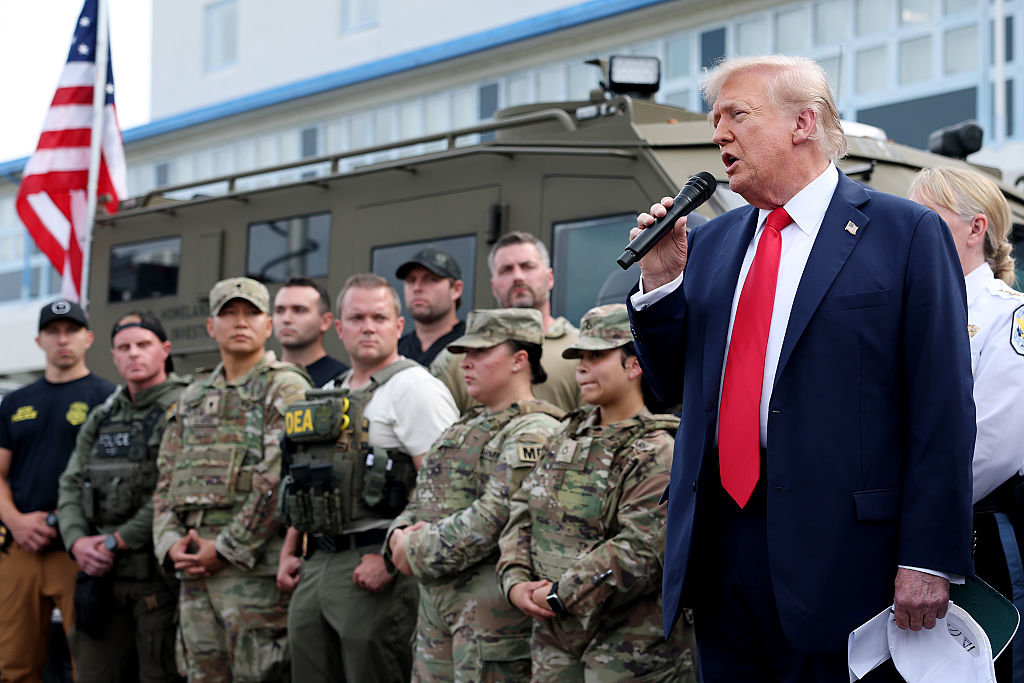






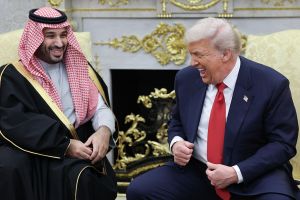

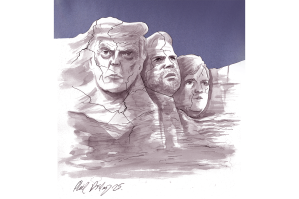

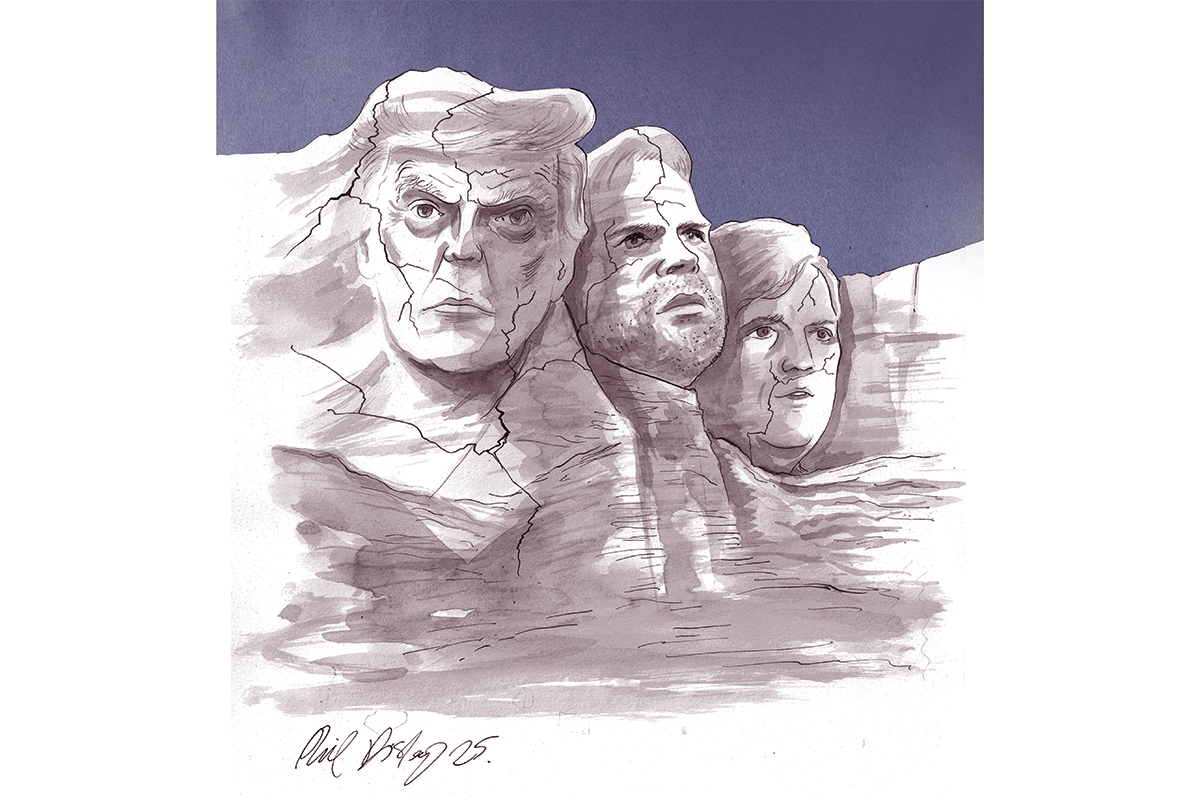

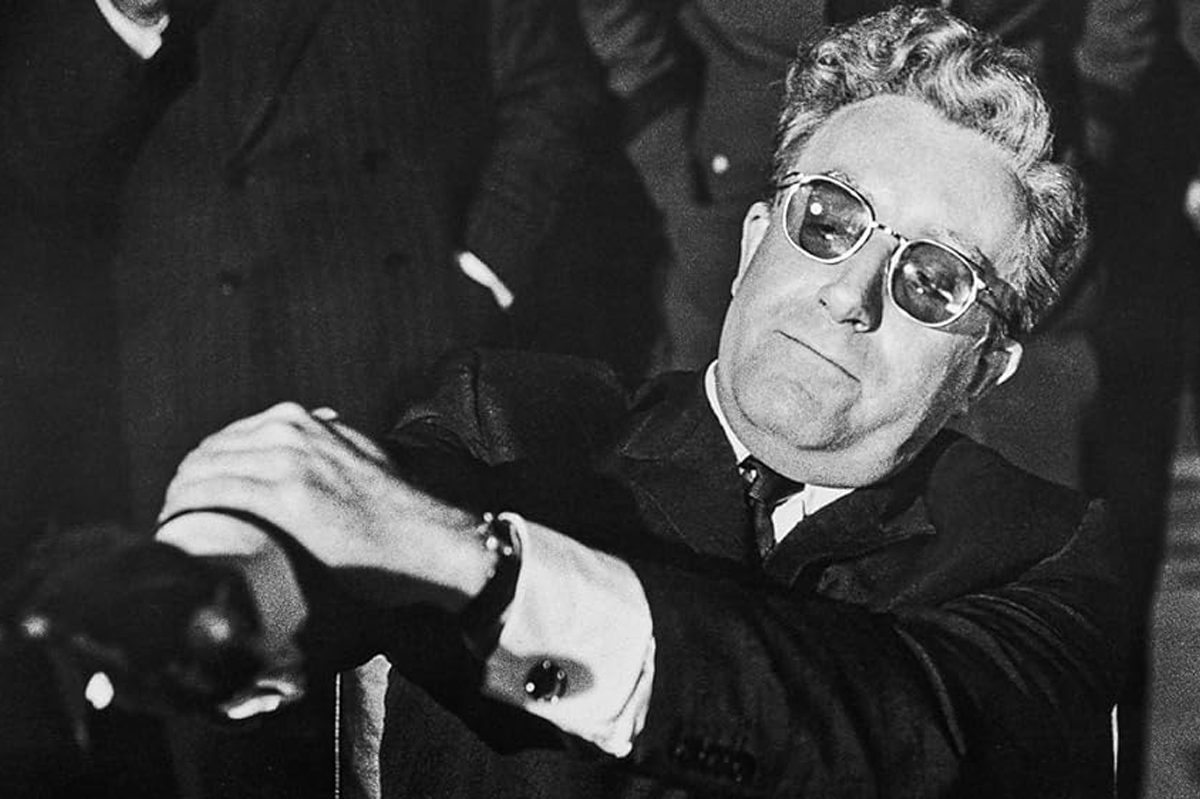
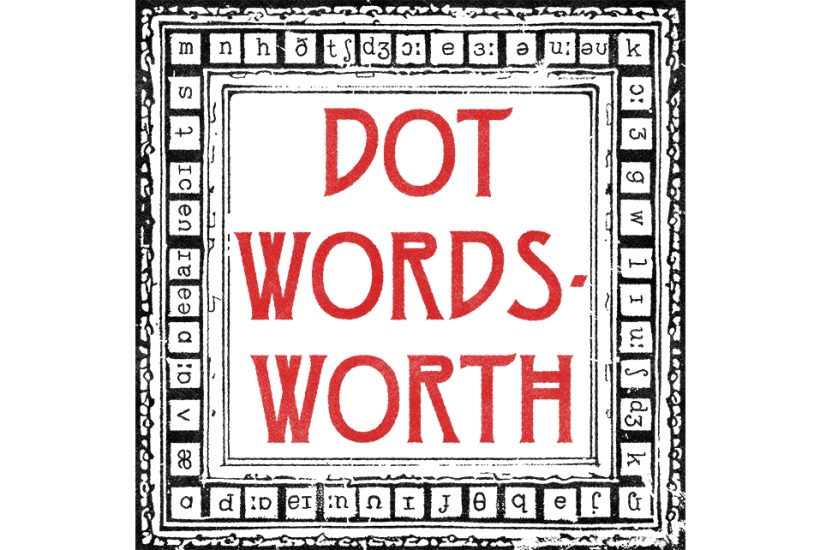
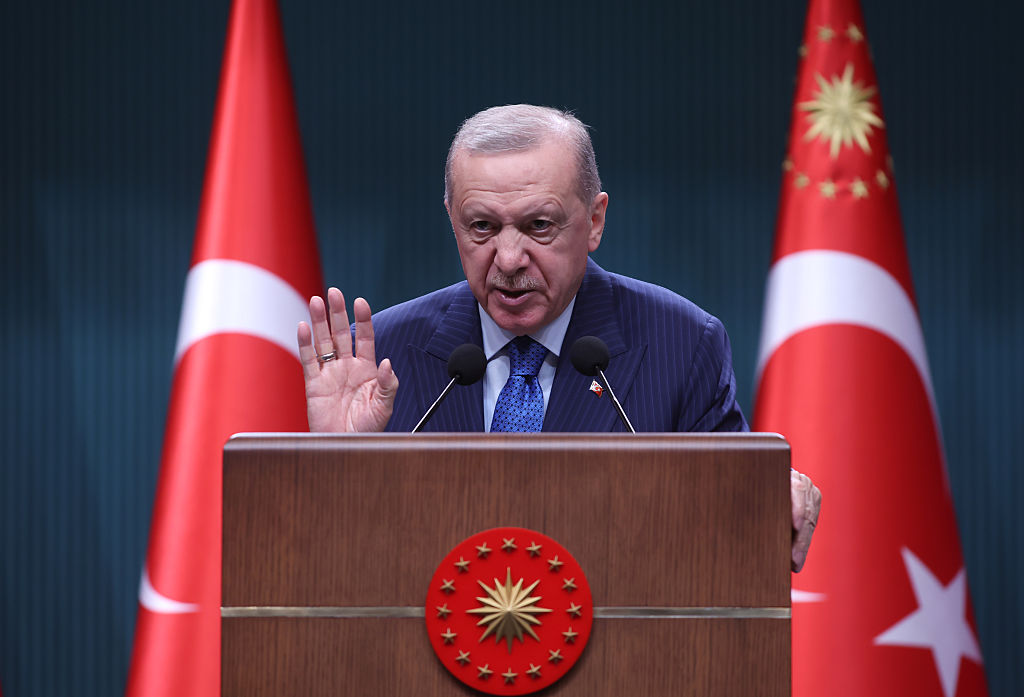







Leave a Reply